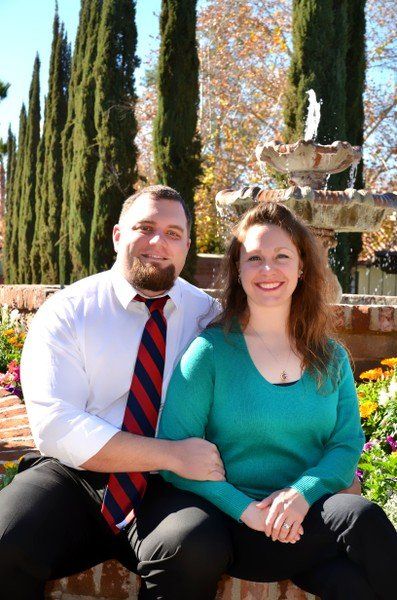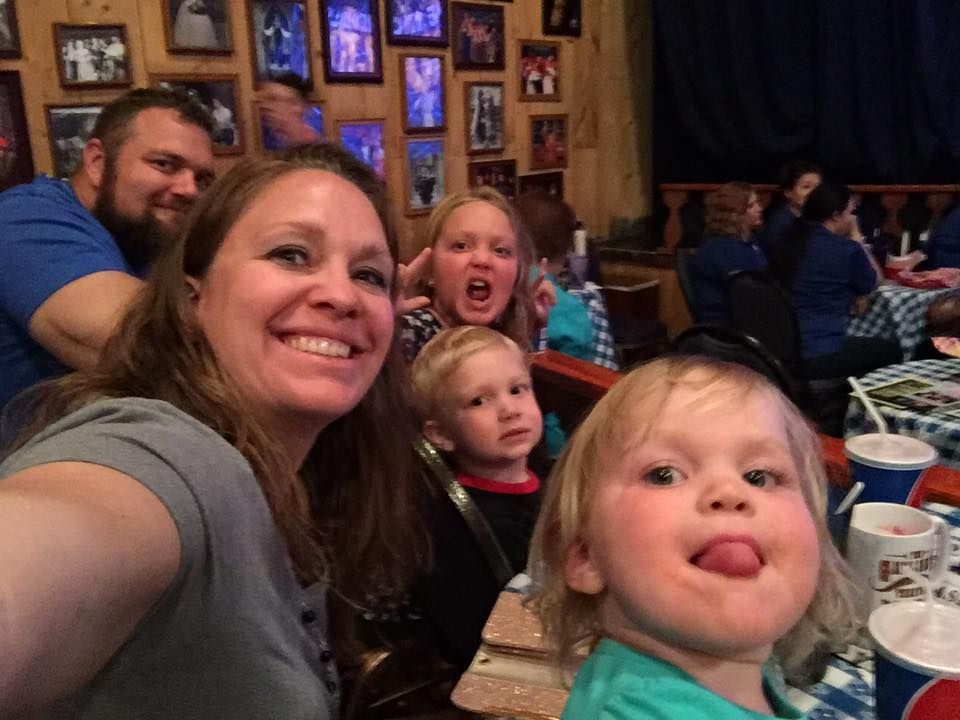On Writing Christian Fantasy
Writing fantasy is a difficult thing to do and not for the faint of heart. And yet, it is a genre that many of us find ourselves inexplicably drawn to again and again.
That’s because the realm of the imagination is a wonderful place. I think of it as brain candy. Orcs, unicorns, elves, angels, magic, trolls…each one of these are the work of someone’s amazing imagination.
As is well known, much of our current day fantasy fiction springs from the hotbed of Tolkien’s mind. But the roots of his creations hark back even further to the days of Norse imagination and mythology. However, Tolkien showed his mastery by taking an existing idea and making it better, developing it into something amazing that people could wrap their minds around.



And that is what fantasy writers do. We take a wonderful idea, add our own angle, and create something new.
However, much like Tolkien initially experienced, we often find that our intended audience rebels against our creations, considering our stories too bizarre. In many ways, the world of Christian fiction has become a narrow marketplace. While some who read Christian fiction choose not to venture beyond the popular and into the wide world of fantasy, others of us yearn to do so, daring to consider the fantastical and the supernatural and ask, “What if?”.
When Tolkien created Middle-Earth, he took the creations of the Norse mind and molded them into the mindset of a Christian worldview. Angels became known as wizards. Demons became orcs and other dark creatures. (For a brief yet comprehensive explanation of the lineage of Tolkien’s creations that goes beyond this post, see this video: http://youtu.be/YxgsxaFWWHQ.)
It took years for many Christians to accept the creations of Tolkien’s mind and for the most part, his work is now a treasured part of our literary culture, even translated into film, the possibility of which Tolkien himself would never have dreamed.
While we might at times feel alone, Christian fantasy writers tread narrow rocky pathways that, if we look hard enough, have previously been trod by those who became masters at writing stories born in a mind firmly couched in Christian theology.
There are many “radicals” like ourselves who have found the confines of traditional Christian fantasy too restrictive, too narrow a place to express the outflow of our imaginations. Many of our fellow Christians who yearn to explore the realms of the fantastic have been forced to look outside of Christian publishing to satisfy their craving for more. And so we find the Christian fiction world to be in a Catch-22 situation. In traditionally published Christian fantasy fiction markets, there aren’t enough writers because there aren’t enough readers—and there aren’t enough readers because there aren’t enough writers.
However, the world of independent publishing has allowed us to create what I will call a gray market—a world that lies between the general fantasy market and the traditional Christian fiction market.
In addition, indie publishing has allowed Christian fantasy writers a forum in which we can speak our minds freely. As indie writers, we can create and publish books targeted at the general market and yet maintain our Christian worldview. Even more Christian fantasy writers have found a niche in the general market where they can hold their candle high.
As writers we find that our market has become reachable in so many ways. And the good news is that Christian readers are discovering this new outlet for stories they have long craved to read. Not only is it a good time to be a Christian fantasy writer , it is also a good time to be a Christian fantasy reader. And that, my friend, is a very good thing.
So to sum all this up, is it challenging to write fantasy from a Christian worldview? The answer would be an unequivocal “Yes” but mostly because writing fantasy is hard.


Dona Watson grew up with a book in one hand, dreaming about imaginary worlds of mystery and adventure. In high school, she found an old novel in a used bookstore, fell in love with fantasy fiction and never looked back. Look for her award-winning fantasy novel The Lightstone of Perlan , to be published this year, as well as other short stories online and in print. A writer and editor with an unbridled love for reading and writing fiction, Dona lives surrounded by way too many books in Southern California with a wonderful family and a precocious little dog. You can find her online at http://donawatson.com.
Chris' Blog







